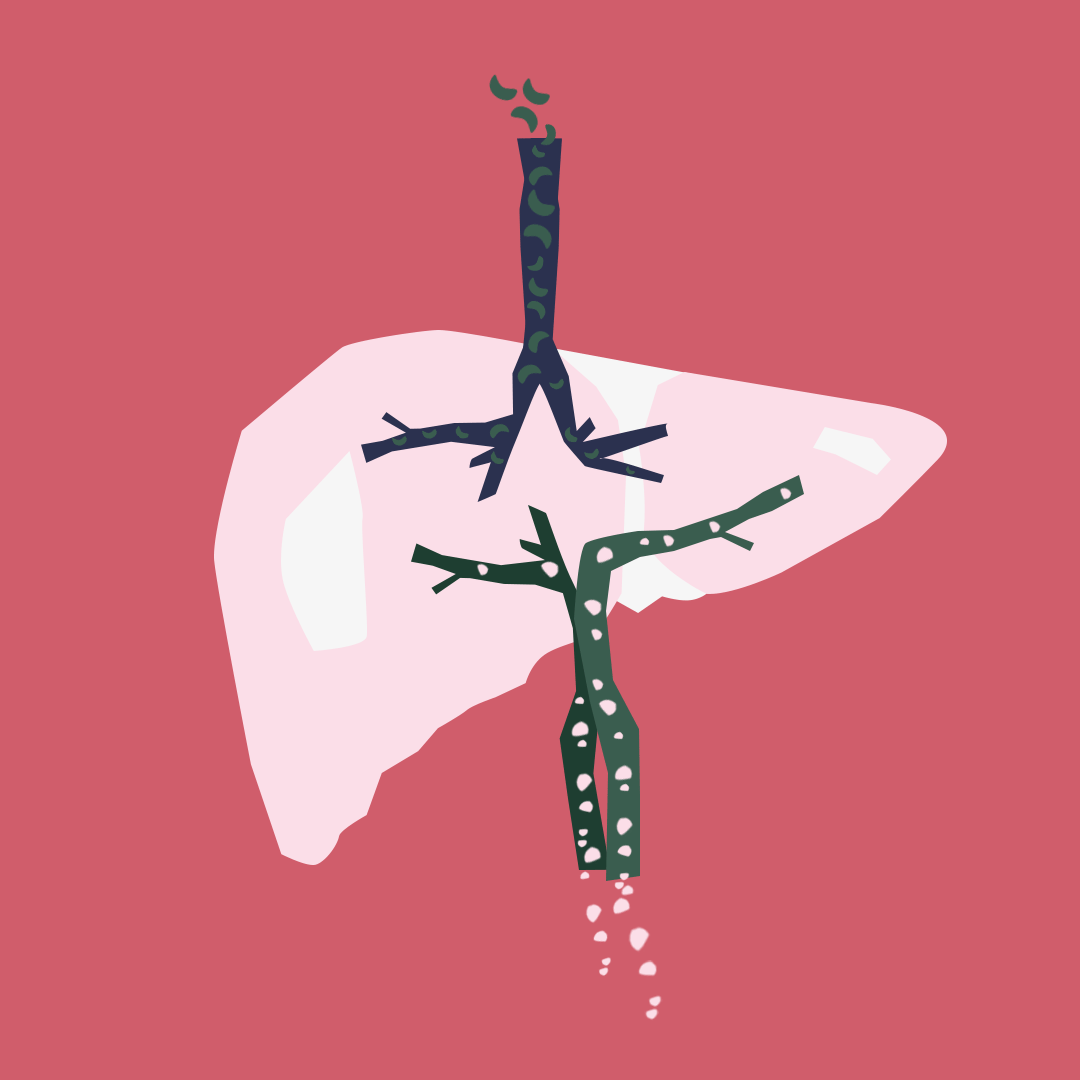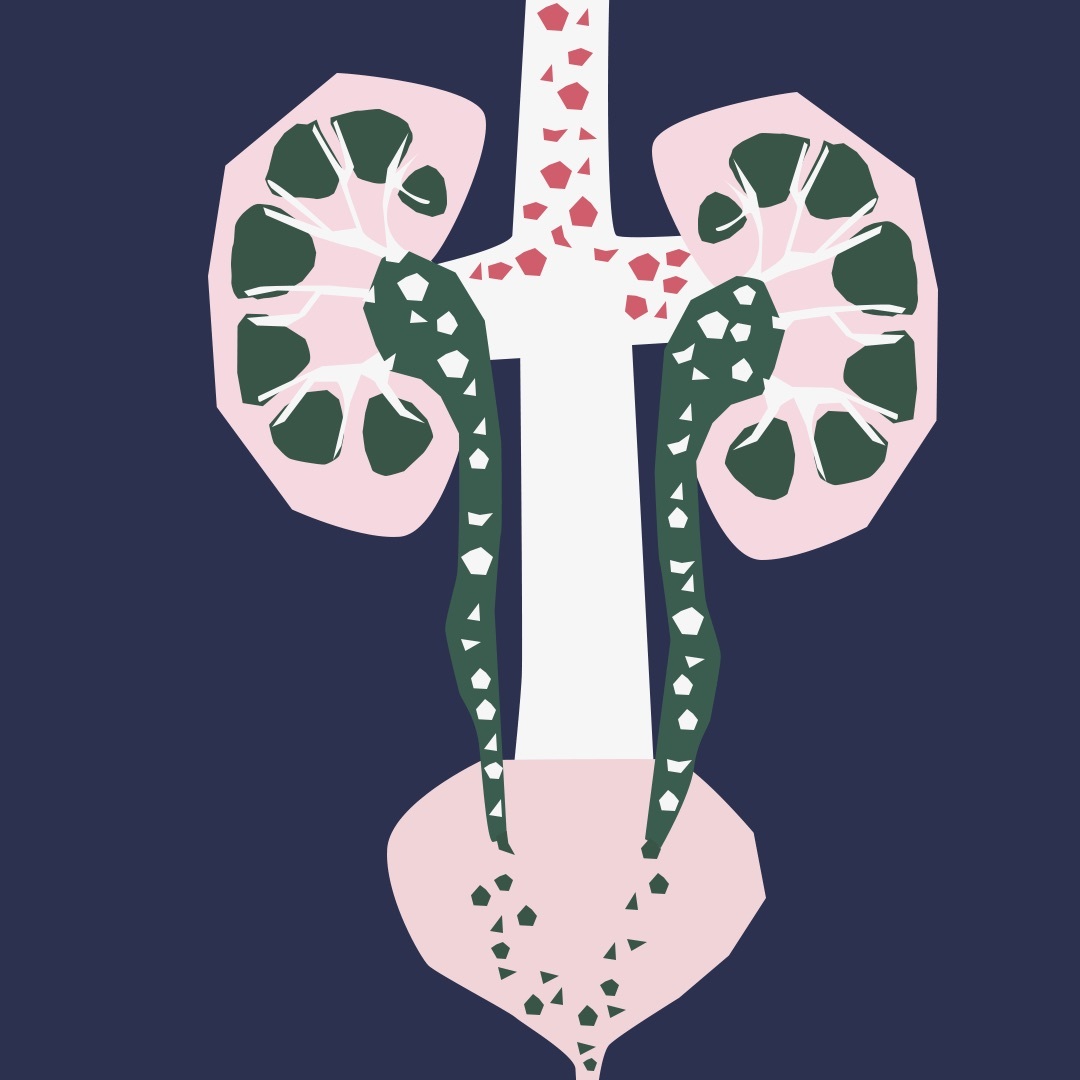03 Sep, 2023
The Lowdown on Detoxification Round Up
Our bodies have a sophisticated way of eliminating toxins that involves the liver, kidneys, digestive system, skin, and lungs. They work constantly, non-stop, all day every day, to keep us not only in tip top condition but quite simply, alive. Still, only when these organs are healthy, can they effectively eliminate unwanted substances.
HealthHere we delve into the detoxification process, one amazing organ at a time.

THE GUT
First, the basics - the gastrointestinal system, also referred to as the gastrointestinal tract, digestive system, digestive tract, or gut, is a group of organs that includes the mouth, oesophagus, stomach, pancreas, liver, gallbladder, small intestine, colon, and rectum.
Our gut is responsible for putting the body into working order. As it breaks down the foods we eat, our gut absorbs nutrients that support our body's functions — from energy production to hormone balance, skin health to mental health, and even toxin and waste. And we now know that if the gut isn't in good working order it has a significant effect not only on our physical health but our mental health too.
The gut transports food from the mouth to the stomach, converts it into absorbable nutrients and stored energy, and drives waste back out of the body. If you don’t properly nourish yourself, you don’t live. It’s that simple.
The heart of the digestive tract is the small intestine - this is where most of the body’s digestion takes place. The majority of nutrients are absorbed in the small intestine. The small intestine empties into the large intestine via a connection called the ileocaecal sphincter. The large intestine then plays an important role in reabsorbing large volumes of water which it returns to the body. It also provides a home for microbes which break down whatever the small intestine hasn’t already.
The intestine is full of trillions of bacteria that not only help us process food but that also help our bodies maintain our physiological function and overall well being. The key to our gut functioning at its optimum, experts say, may lie in the microbiome - the makeup of bacteria and other microorganisms in the stomach and intestines, or, informally, the gut. Research on the microbiome is still in its infancy. But studies have already found that certain environments, foods and behaviours can influence gut health for better or worse.
No microbiome is the same, there are certainly generalities about what is healthy or not. In healthy people there is a diverse array of organisms but in unhealthy people there is much less. There is also an increase in the bacteria we associate with disease in people who are generally less healthy.
When healthy, these bacteria help to protect us from dangerous infections. They work with the body to digest our food, synthesise vitamins, and even promote the transmission of nerve messages to and from the brain.
There are over 100,000 nerve cells in your digestive system – more than in your spinal cord. Because of this it is sometimes called the second brain. We need those nerves to tell us when we’re hungry and to keep the largely unconscious process of digestion moving along.
The gut, in short, is quite a miraculous thing and is, like our whole detoxification system, and our whole body, working tirelessly to keep us in good nick. But there are always things that we can do to support them. The key to good gut health is a good, healthy, varied, balanced diet.

THE LIVER
The liver is the largest solid organ in the body - on average, it weighs around 3 pounds (that’s equivalent to your regular 2-slice toaster) and is approximately the size of a football (yep, a football). We’re really going for the comparative examples here. Another fun fact for you, the liver is truly an amazing organ in that it has the capacity to regenerate. It can return to its original weight within a week of having two-thirds removed.
The liver is roughly a triangular shape and consists of two lobes: a larger right lobe and a smaller left lobe. While it is known to carry out more than 500 vital functions, we’re looking at the part it plays in detoxification. Simply, the liver is the body’s primary filtration system, converting toxins (that either enter the body in certain foods, water, through the skin or by inhalation, or that are created by biochemical reactions in the body) into waste products, metabolising nutrients and cleansing the blood.
So how does the liver do this? It has two major sources of blood: the portal vein, which brings in blood carrying nutrients, medication and also toxic substances from the digestive system, and the hepatic artery, which carries oxygenated blood from the heart. The cells of the liver then filter this blood, acting like a sorting centre, determining which nutrients should be processed, what should be stored, what should be removed via the stool and what should go back into the bloodstream.
An example of one of the aforementioned toxic by-products of processes in the body actually occurs in the liver. This is when the liver metabolises proteins, a byproduct called ammonia is created. There’s no need for concern however, the liver is straight on it. It converts the ammonia to a much less toxic substance called urea, which is released back into the blood, transported to the kidneys and passes out of the body in our urine.
As such a vital part of the functioning human body, it’s important to keep our liver healthy and avoid putting it under unnecessary stress. Ultimately, the best thing you can do to keep your liver healthy is to eat a healthy, balanced diet, exercise regularly and avoid overconsumption of harmful substances such as alcohol.

THE LUNGS
Every day you take about 20,000 breaths, likely without even thinking about it (unless you’re exercising, in which case you’re likely thinking about it a lot), processing around 12,500 litres of air. A mind boggling fact for you from Bill Bryson: within a day, you will inhale at least one molecule from the breaths of every person that has ever lived.
The lungs absorb oxygen from the air you breathe in and transfer it into your bloodstream so that it can get around the body. A pretty important task really, given that every cell in your body needs oxygen in order to survive. As the cells in your body go about their business, they produce a waste gas called carbon dioxide, that is released into the bloodstream. Your lungs remove this waste gas from the body when you breathe out. This vital process is called gas exchange.
Ever stopped to think about what actually causes you to cough? Your bronchial tubes are lined with cilia (think very small hairs) that move like waves. This motion carries mucus upward and out into your throat, where it is either coughed up or swallowed. This is the process for eliminating any dust, germs, or other unwanted matter that has found its way into your lungs.
In order to keep your lungs healthy you should exercise regularly and maintain a healthy diet. You should also try to limit exposure to indoor and outdoor pollution, as well as to avoid inhaling first or secondhand tobacco smoke.

THE KIDNEYS
The kidneys are a pair of bean-shaped organs, situated at the bottom of the ribcage, and are both roughly the size of a large fist. Filtering waste from the blood is their primary function, but they also regulate and maintain mineral and fluid levels, as well as regulate blood pressure. Quite a lot then! Each day they’ll process around 200 litres of fluid - that’s 352 pints.Anything the kidneys don’t return to the body via the bloodstream, such as excess salt, they send to the bladder to be removed from the body. And vice versa, if your salt levels are too low, then the kidneys extract it from the urine before it leaves the body.Chronic kidney disease (CKD) is now the 9th leading cause of death in the U.S., causing more deaths than breast or prostate cancer. Diabetes is the leading cause of CKD, with obesity and high blood pressure linked to the development of diabetes. Needless to say, it’s vital that we don’t put too much strain on our kidneys.While they do slowly start to lose their function naturally with age, asking the kidneys to do too much filtering over a long time can cause them to stop functioning. With kidneys that aren’t functioning properly, this can lead to a buildup of waste in the body, increasing your chances of more serious conditions and pushing your blood pressure dangerously high.To keep your kidneys working efficiently, make sure to eat a healthy diet to control salt and blood sugar levels, exercise regularly, and drink plenty of water. A kidney-friendly diet means plenty of fruit and veg which will help decrease the amount of waste in the blood, and avoid putting unnecessary stress on your kidneys.

THE SKIN
The skin, which is our largest organ, consists of three different layers: the outer layer (epidermis), the middle layer (dermis) and the deepest layer (subcutis). It keeps our insides in, and protects us from external factors. It is thickest on the heels of our hands and feet and thinnest on the eyelids. Without it, we'd literally evaporate.
We shed a LOT of skin, individually leaving behind a half kilo of skin flakes every year, and shedding approximately 25,000 skin flakes a minute. This is owing to the fact our bodies are continually rejuvenating our skin. The epidermis constantly renews itself as new cells are made in the lower layers of the epidermis. These move to the surface within a month. This constant renewal serves to replace the cells that are lost.
The middle layer of our skin (dermis) houses hair follicles and glands with ducts that pass up through the skin. We have 2-5million hair follicles on our body, (yes, we’re as hairy as apes, just with finer hairs), with nearly twice the number of sweat glands. The chief role of sweat is thermoregulation, bringing down our internal temperature when necessary, but this simultaneously flushes out toxins and the waste fluids urea and lactate (but only in trace amounts).



